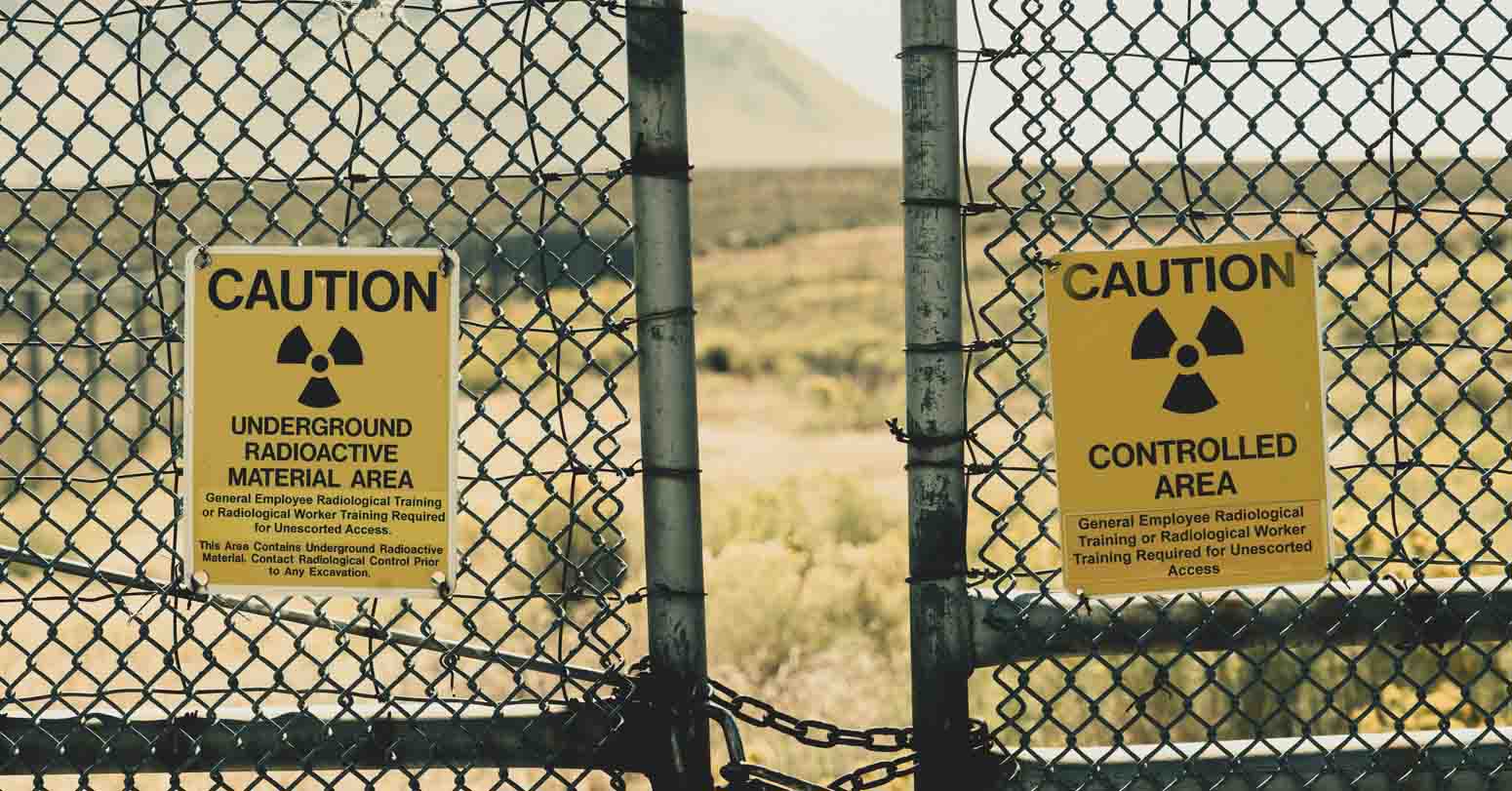In the first week of September, the Canadian government unveiled draft rules for a new law titled "Online News Act" or Bill C-18, in a bid to tighten the screws on global tech giants such as Meta and Google. According to the new law, the web giants must pay Canadian news outlets in order to host their content.
To implement the new law, the Trudeau government has released draft rules which will come into force by December this year, Canadian federal authorities have said.
The Department of Canadian Heritage, which is one of the key central agencies to deal with the matter, said earlier in a statement that the new law was a culmination of years of calls for action and key government priorities.
"The Online News Act aims to ensure that dominant platforms compensate news businesses when their content is made available on their services. The act creates a bargaining framework to ensure that platforms compensate news businesses fairly," the department said on its official website while explaining the objectives behind the introduction of the new law.
"It encourages platforms to reach voluntary commercial agreements with a range of news businesses," it added.
The Trudeau government was motivated to enact the new law after the Canadian media industry repeatedly called for a tighter regulation of the tech companies Meta and Google that were allegedly pushing news businesses out of the online advertising market, observers said.
COLD RESPONSE FROM TECH GIANTS
The law and its rules have received a cold response from the two tech giants Meta -- the parent company of Facebook -- and Alphabet's Google. The tech companies have asserted that the new Canadian law is unworkable for their businesses.
Irked by the Canadian legislation, social media giant Meta has started blocking the sharing of news on its platforms in Canada since August.
And in a recent media interview, a Google spokesperson said, "We are currently reviewing the proposed regulations to assess whether they resolve the serious structural issues with the Canadian law."
The Canadian government has stated that if the tech giants fail to sign fair agreements with the Canadian news publishers independently, they would have to proceed to a mediated mandatory bargaining process.
"If, after mediation, the parties (tech companies and local media outlets) are still unable to reach an agreement, each party would submit a final offer, and an arbitral panel would choose one of the two offers," read the statement posted on the official website of the department.
Authorities say that the Canadian Radio-Television and Telecommunications Commission (CRTC) is responsible for overseeing the bargaining framework under the act.
It is still not clear how the conflict between the Canadian government and global tech companies will play out. But media experts in Ottawa say the standoff between the Canadian government and global tech companies may end in the near future if the tech companies come forward themselves to find a compromise.
SEEKING SOLUTIONS
Bhanu Bhakta Acharya, an adjunct professor of media studies at the University of Ottawa, said that Meta and Google could sit at the negotiating table with the Canadian government to seek a solution, although the law has already been enacted despite their objections.
"The Bill C-18 has been modelled after a similar law in Australia. It was Australia which first forced tech companies Meta and Google to pay for the use of news content. Since the law has got royal assent and was approved by the Canadian federal parliament, the tech companies should now sit with the Canadian media publishers and settle the issue like what they did in Australia two years ago," Acharya told Xinhua in a recent interview.
The media expert further said that it is still not clear what would happen if tech companies continued blocking news on their platforms and did not agree to negotiate.
The draft regulations released by the Canadian Department of Heritage state that search engines or social media sites that have a total global revenue of 1 billion Canadian dollars (740 million U.S. dollars) or more in a calendar year and have been operating in Canada should abide by the new law.
Both Meta and Google would have to pay at least 4 percent of their annual revenues to Canadian local news outlets in exchange for sharing links to the news content, media reports said.
According to Canadian media reports, the new law will cost Meta and Google an annual 45 million U.S. dollars and 127 million U.S. dollars, respectively.
Canadian federal authorities have said that they will engage with Meta and Google to discuss the issue in the near future.
The National Post, a Canadian newspaper, last month quoted Canadian Federal Heritage Minister Pascale St-Onge as saying that she was hopeful the government would resolve its standoff with tech companies.
St-Onge told the media that while she does not support Meta's approach, which takes "away the rights that their users should have to share journalistic information (with) their family and friends, the conversation itself was very positive."
-XINHUA




















Comprehensive Data Protection Law Critically
Gender Differences In Mental Healthcare
Messi Wins Best FIFA Men’s
Erosion of Democracy
Fly Dubai Catches Fire in
“Complexities of the South Asian